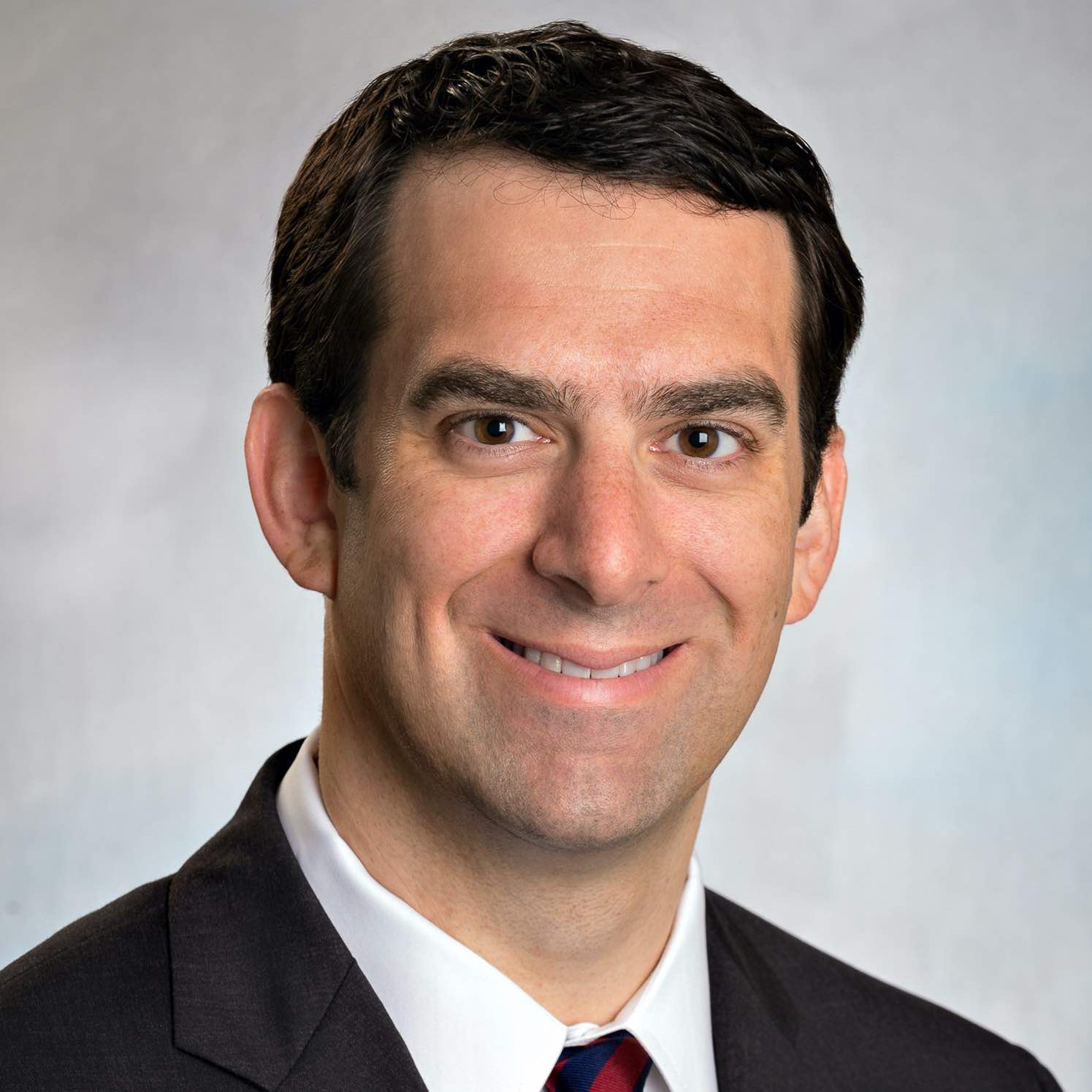Major NIH-Funded Trial of Convalescent Plasma in Covid-19 Outpatients Stopped Early Due to Futility
In another blow to convalescent plasma, the much-hyped proposed treatment for covid-19, the "Convalescent Plasma in Outpatient with COVID-19," or "C3PO" trial has stopped recruiting new patients and has been halted early, Brief19 has learned.
The news was confirmed by W. Frank Peacock, MD, a researcher at Baylor College of Medicine in Houston who was involved in the C3PO study as a lead investigator at one of the 51 sites where patients were being enrolled.
During a planned interim review of the data, statisticians associated with the study deemed the efforts futile. What that means is that the board of experts monitoring the progress of the trial determined that even if researchers were to have continued to enroll more patients either to receive plasma or a placebo, there was no realistic chance that convalescent plasma therapy would come out a winner. The study was funded by the National Heart, Lung, and Blood Institute and the National Institutes of Health (NIH), in a collaboration with researchers at Stanford, the University of Pittsburgh, the Medical University of South Carolina, and the SIREN network ("Strategies to Innovate EmeRgENcy Care Clinical Trials Network").
This news comes less than a week after a major "meta-analysis" (or "study of studies") was published in JAMA which found that when combining data from the best clinical trials studying convalescent plasma's effectiveness in treating covid-19 (mostly among hospitalized patients with more serious disease), no benefit was found with respect to saving lives, decreasing the percentage of patients who progressed to more serious or critical disease, and a number of other important indicators.
Nevertheless, some had held out hope that less sick patients who did not yet require hospitalization might fare better and that convalescent plasma might still have a role to play. That is what the C3PO study was designed to study.
The plan was to enroll 600 adult patients across 51 hospitals around the United States. Test subjects could enter the trial if they had confirmed SARS-CoV-2 infection and at least one symptom of covid-19, had one or more risk factors for severe covid-19, and did not need oxygen at the time of enrollment. Patients also had to have had symptoms for a maximum of 7 days at the time of enrollment into the trial. The idea was to find patients with relatively early, and milder illness who were at risk of getting worse, possibly progressing to requiring supplemental oxygen or more advanced care such as mechanical ventilation. The hope was the convalescent plasma might even keep some patients from becoming sick enough to necessitate hospitalization. The C3PO trial was primarily designed to determine whether or not convalescent plasma had a favorable effect on "disease progression," defined as "death or hospital admission or seeking emergency or urgent care within 15 days of randomization." No effect was found.
"With the termination of C3PO for futility, and this meta-analysis, we can't justify this treatment anymore," Dr. Peacock said in an email obtained by Brief19, who subsequently directly confirmed that the context for the comment was accurate.
It is not unusual for a trial to be halted early for futility. But it is often seen as a fatal blow to that therapy. That said, it could be that limiting the enrollment to patients who were older and earlier in the course may have had some effect, which was that one glimmer of hope we've seen for plasma so far among many disappointing studies. We won't know until any data from the C3PO trial are published.
But no matter how you slice it, this is a huge setback for convalescent plasma and more egg on the face of Dr. Stephen Hahn, former commissioner of the US Food and Drug Administration under Donald Trump. In August, Hahn heralded convalescent plasma as an important breakthrough in the treatment of covid-19. Even then it was clear that such a declaration was overstated and possibly even outright false. Hahn's now infamous statements at a White House press briefing reflected a view of the emerging literature that was remarkably amateurish, claiming that the therapy saved many lives, despite limited evidence to support the claim. Nevertheless, the FDA issued an emergency use authorization for convalescent plasma for treating covid-19 at that time, based on retrospective data, rather than actual clinical trials. Hahn's interpretation of the data at that time, which relied on subsets of subsets of patients who were never actually enrolled in clinical trials, was widely seen as yet another embarrassing example supporting claims that some of the FDA's decisions during the first year of the pandemic were politically influenced.
